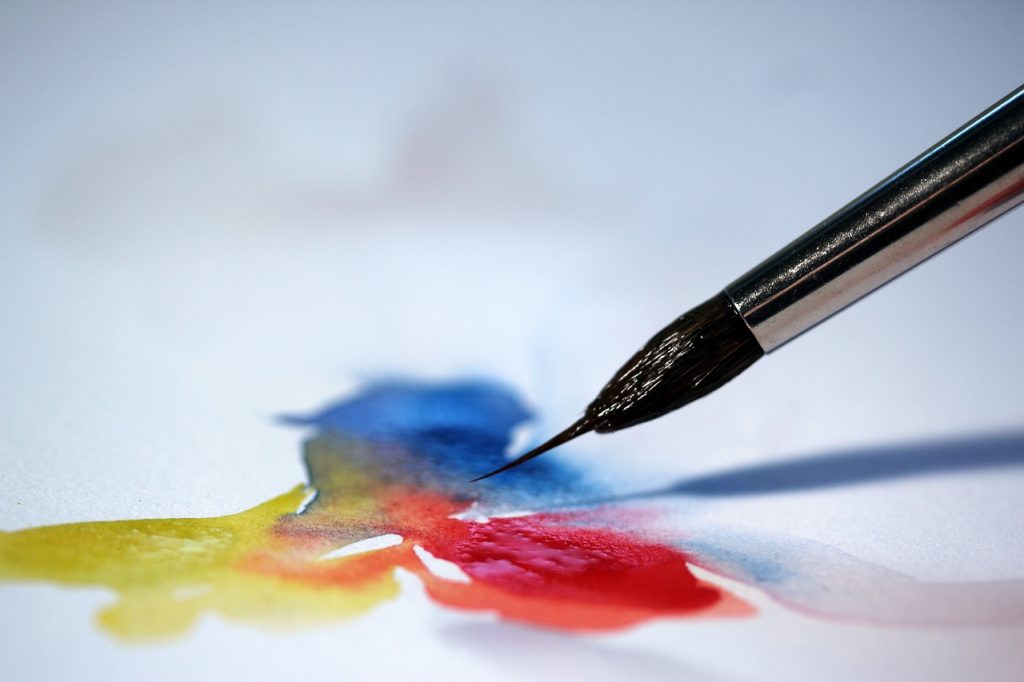Watercolors are fun to use. They offer low-cost options for creative expression. Courses for watercolour teach basic art skills like the creative process, observation and design. Painting with watercolour focuses on characteristics of using that media to create your art.
How it works
Get started in a relaxed atmosphere for beginning courses. Learn about composition and colour along with materials available for the course. Learn that watercolour painting gives you pleasure and personal accomplishment.
Some courses require you to provide materials and notebooks. Carefully check the course description so you are prepared for your first session.
Techniques and Topics
Practice composition and how to layout the project with coursework. Exercises help with understanding colour and uses in watercolour painting. Refresh your memory on basics of primary, secondary and tertiary colours. Combine colours making unique combinations and tones.
Understand brushes and tools for creating and enhancing watercolour art. Explore the effects of different brushes and strokes on your surface. Practice several techniques through exercises and coursework. Painting trees and leaves is often practiced to understand how to show detail.
Watercolour Painting courses let you practice techniques on dry and wet paper. A fun technique the wet-on-wet technique. Practice this to get a flowing and unpredictable result. This technique works well when painting skies and first layers; using wet paper and different drops of paint creates lovely swirls and textures.
Learn to use a dry-on-dry technique to create rough texture in your paintings:
* Using a small amount of water, take a minimum amount of paint and lightly brush on a paper towel.
* Then apply light pressure to add paint to your paper.
* Vary your pressure for different layers and texturing styles.
* Dry-on-dry painting gets you less bleeding of color since the paint is already dry.
And experiment with texture in watercolor painting using brushes, paper towels or salt. Learn controlled wash techniques for added interest in your work. Practice charging colors, lifting and scrubbing or softening edges to create a deep look. Watercolour painting uses techniques with dry brushes, sponges and spatter.
Learn tips for working with watercolour; experts suggest investing in a good set of watercolor paints and a few good brushes. Multiple brushes aren’t needed when you have a few high quality tools. Practice using watercolor paper for best results. Make sure you have a good palette for mixing your colours.
Tips for Advancing in Watercolour Painting
Advanced courses work with more complex topics. Learn to stretch watercolour paper for best results.Practice how to lay washes of colour on your surface. Use techniquest for direct and indirect painting for your project.
Learn to plan your composition before putting paint on paper. Know where your highlights will be. Experiment with the use of masking techniques to enhance your work. Practice with masking fluid to remove any unwanted colour and expose light on your work. Use an artist tape or painters tape and mask out areas you want to leave white.
Mix enough paint to use for the task at hand. A beginner mistake is to mix a little, then mix more. Getting enough paint when laying a wash makes for a more enjoyable experience. Plus, trying to match shades is frustrating because you rarely get an exact match. Better to mix more of the color than you need than to try to have to replicate the exact color you made.
Dry paint is lighter in color than when it is wet So it’s difficult to get the exact shade when mixing on your palette. Use a spare piece of paper so you can test your colors. Be sure you have the right color before applying it to your watercolour painting.
Learn all these techniques and more on a watercolour painting course. Find courses near you on Courses.ie.












Comments